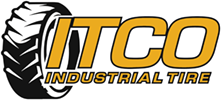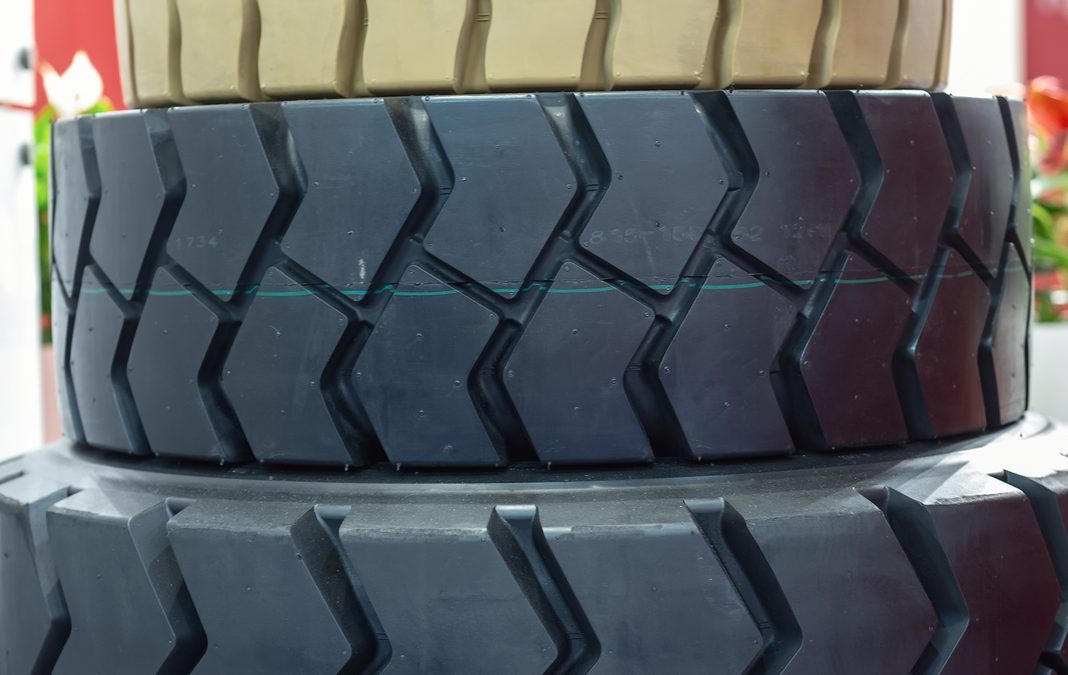Forklift Tire Replacement and Repair
Without a doubt, tires are an important part of forklift function and safety. Forklifts keep operations moving and operators safe. As with other tires, forklift tire replacement and repair are matters of timing and circumstance. Consequently, understanding the proper time to change forklift tires is important. Timely repairs and tire changes prevent injury, property damage and downtime.
When Should Forklift Tires Be Replaced?
The life of a forklift tire is measured in hours rather than miles. Work conditions and operator habits will have large impacts on how frequently tires need to be changed. A visual inspection will tell you all you need to know. Look for these signs that your forklift tires need to be replaced:
- Rubber Worn Below Safety Line – Check the safety line on the sidewall
- Pneumatic Cushion Tires – Replace when 30% of tread has worn
- Solid Pneumatic Tires – Replace after losing roughly 75% of tread
- Cracking in Polyurethane Tires – Replace tires with sidewall cracks
- Flat Spots – Check your tires for flat spots and uneven wear
- Deep Cuts – Replace tires with deep cuts in them
- Missing Chunks – Replace tires with large chunks of missing rubber
Forklift Tire Repair
Pneumatic forklift tires can be punctured, causing a flat. When possible, these tires are repaired. The process is the same as when a punctured tire is repaired for a car or truck. The tire is removed. The leak is located. A plug is installed. The tire is placed back on the rim. Finally, the tire is placed back on the forklift.
Forklift Tire Replacement
Eventually forklift tires need to be replaced. Due to wear and age, tires can become unsafe. While polyurethane tires last longer, both polyurethane and pneumatic tires require eventual replacement. The surfaces that these tires travel make a lot of difference. Working over smooth surfaces will result in tires that last much longer. Rough conditions will shorten tire life.
Some Factors Will Cause Forklift Tires to Wear Out Too Soon
- High temperatures
- Under-inflated Tires
- Rough Driving Surfaces
- Contact with Chemicals
If you need forklift tire replacement, contact ITCO sales today.

